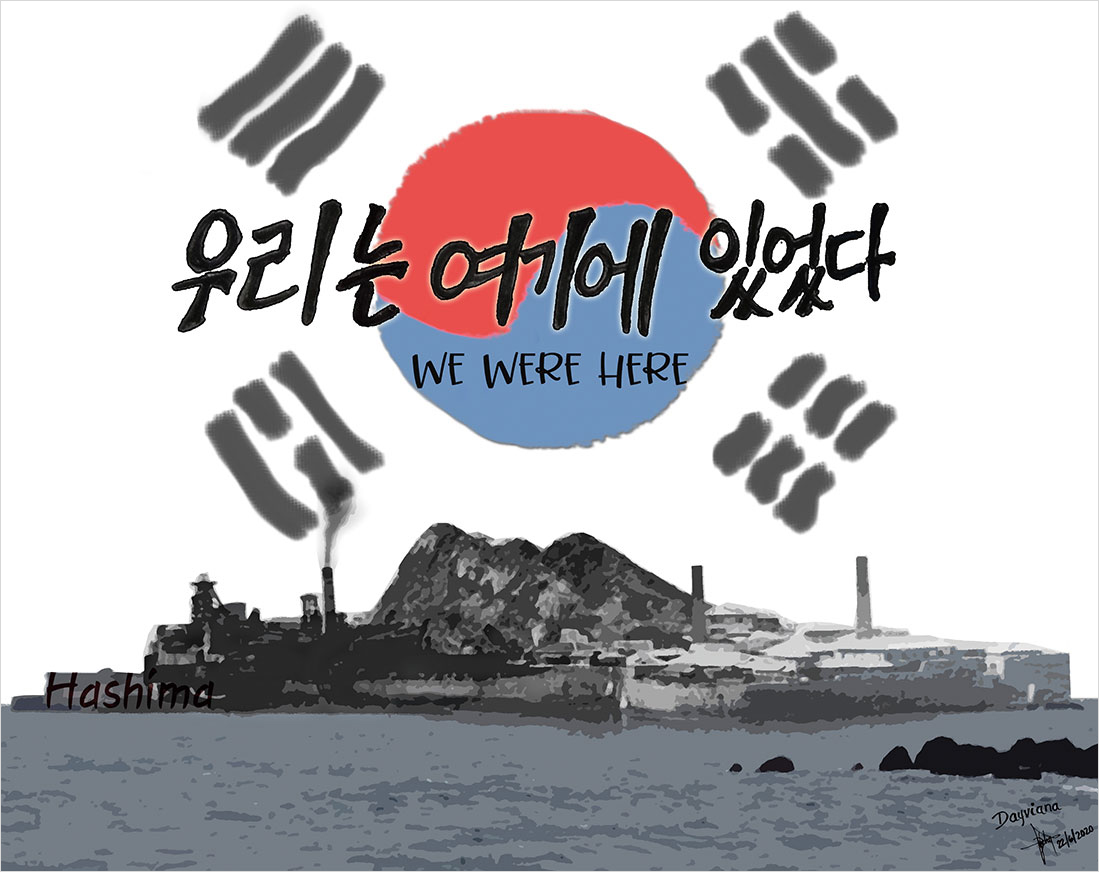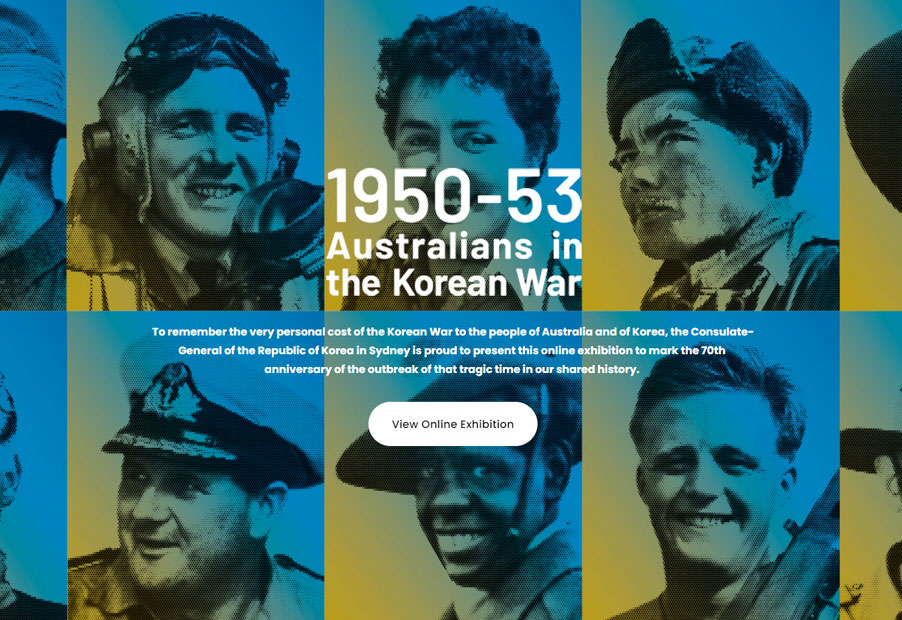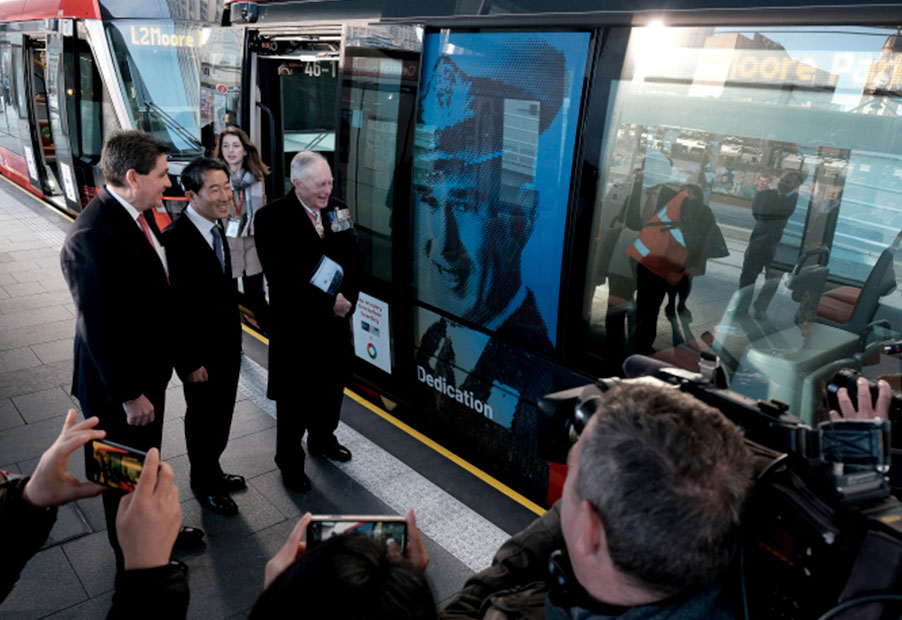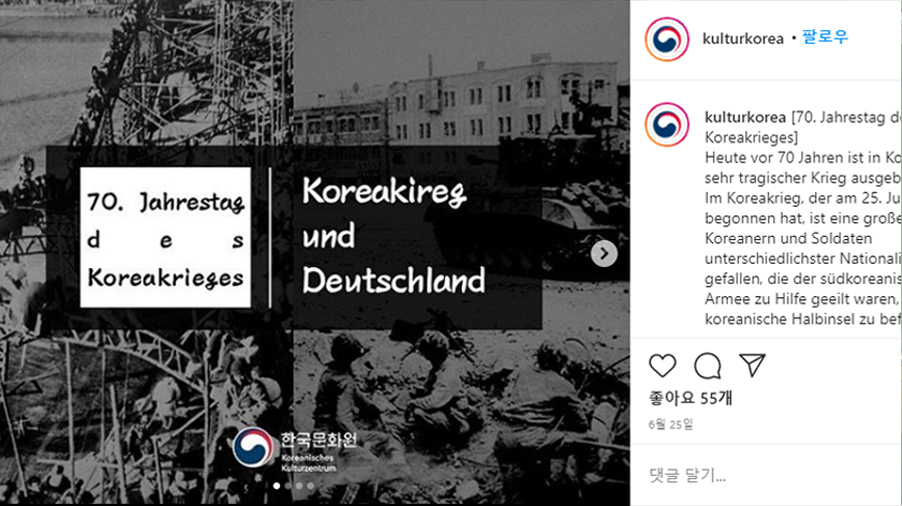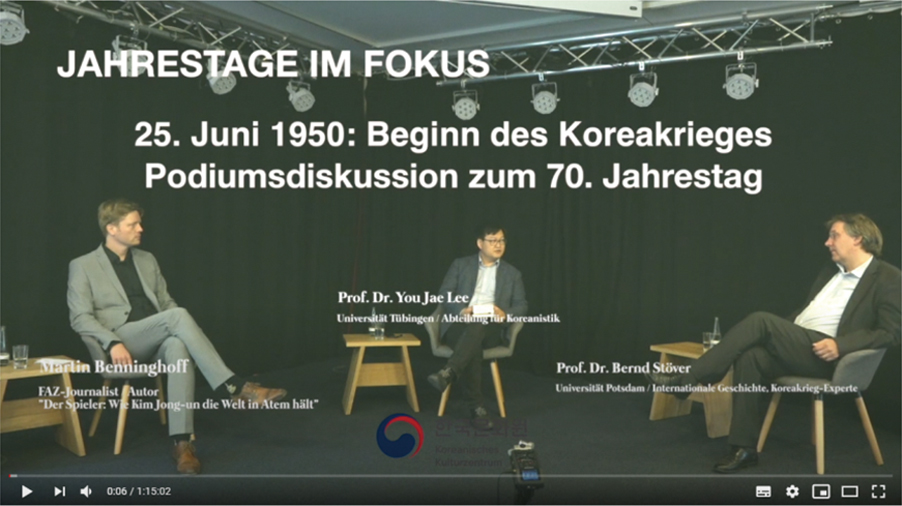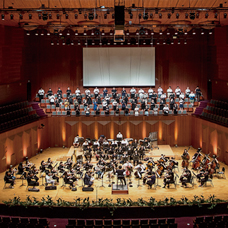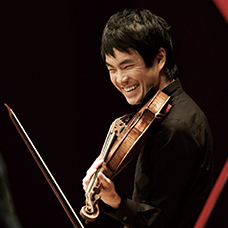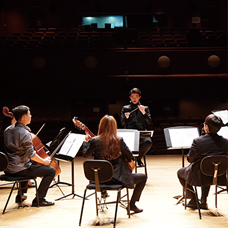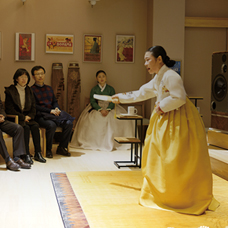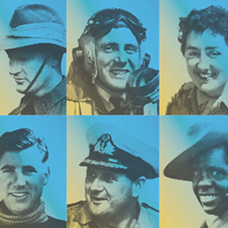Global Korea I
Honoring Korean War Veterans
 Sydney, Australia
Sydney, Australia
To commemorate the 70th anniversary of the Korean War’s outbreak this year, the Korean Cultural Center (KCC) in Sydney prepared an array of programs for June. One was a free screening from June 23-30 of “Passage to Pusan,” the 2017 KCC-produced documentary, which attracted more than 440 people.
In addition, an informative session was held with Bradley Manera, senior historian and curator at ANZAC War Memorial of Sydney’s Hyde Park, and Korean War veteran Ian Crawford. Their discussion of the “Forgotten War” was available for watching between June 30 and July 31 on the KCC’s YouTube channel (youtube.com/koreanculturalcentreau).
The Korean Consulate General in Sydney also decorated the Australian capital’s light rail with the campaign “Lest Korea Forget,” in addition to holding the online exhibition “Australians in the Korean War 1950-53.” The latter is available for viewing through year’s end at australians-in-the-korean-war.com.
Global Korea I
30th Anniversary of German Reunification
 Berlin, Germany
Berlin, Germany
Germany this year marks the 30th anniversary of its reunification. In commemoration of this milestone as well as the 70th anniversary of the Korean War’s outbreak, the KCC in Berlin hosted an expert roundtable on reunification and peace with professor You Jae Lee of the University of Tubingen, professor Bernd Stover of the University of Potsdam and German journalist Martin Benninghoff.
Lee moderated the talk with Stover, whose book on the war is available in both German and Korean, and Benninghoff, who wrote the book “How Kim Jong-un Intimidates the World.”
Hosted by the KCC without an audience due to COVID-19, the roundtable is available on video through the KCC’s YouTube channel.
The roundtable featured in-depth discussions on the key elements of both previous and ongoing inter-Korean relations such as ideology and politics. A professor of Korean studies, Lee provided additional insight on the state of ties between both Koreas.
This was the first of the KCC’s online events amid the pandemic. The SNS promotions that accompanied the roundtable’s online premiere resulted in 5,210 views as of July 2.
Global Korea II
What Isn’t Taught in School
Written by Honorary Reporter• Safae Lagdani from Italy
Illustrated by• Dayviana Diaz from Cuba
Japan’s Industrial Heritage Information Centre, which was opened to the public on June 15 in Tokyo, did not include in its exhibition anything about the abuse and exploitation of Korean, Chinese and Taiwanese who were forced into labor during Japanese imperialism in Asia. Instead, the center highlights Japan’s 20th-century industrial advances.
Hashima (Battleship) Island is notorious as a site of forced work perpetrated by Japan. The information center is being used by the Japanese government to conceal the truth and distort history. “The center is at the heart of sensitive issues including history distortion,” said Tomohiro Shinkai, executive director of the Meeting to Support the Trial for Chinese Forced Laborers based in Nagasaki. In 2015, Japanese Ambassador to UNESCO Kuni Sato also acknowledged that forced labor occurred on the island, saying, “There were a large number of Koreans and others who were dragged against their will and forced to work under harsh conditions in the 1940s.”
Japan also committed horrific abuses against young Korean women. Teenage girls were taken from their families and sold as sex slaves to the Japanese imperial army. Korea has struggled for years to receive an official apology from the Japanese government, which continues to deny these facts. One victim, Gil Won-ok, was just 13 at the time of her abduction. She was told that she would work in Japan but got sent to Manchuria, China, instead and was repeatedly raped until age 18. Since 1998, she and other victims have publicly blasted Japan for its crimes before and during World War II, demanding an official apology. She attends every Wednesday a protest to that effect in front of the Japanese Embassy in Seoul. Gil also went to Geneva in 2014 to present to the United Nations a petition with 1.5 million signatures demanding justice for the victims of Japan’s wartime sexual slavery.
The documentary “The Apology” chronicles the stories of three former sex slaves who were among the 200,000 exploited by Japan. The Korean movie “I Can Speak” is based on the true story of a victim who brought her case to the U.S. Congress despite speaking no English. Both of these films help the world understand what the victims went through as well as learn of history not taught by the majority of schools in Europe.
